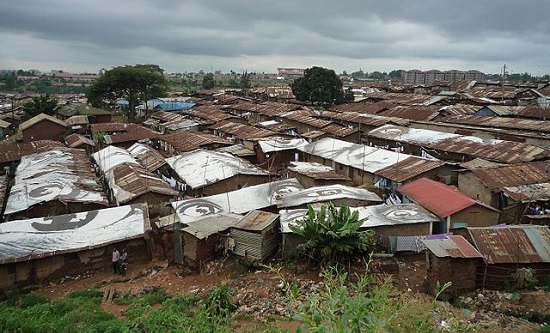
Jubilee Debt Campaign’s September report Debt and the climate crisis: a perfect storm demonstrates the crippling scale of the debt burden for many lower and middle income countries and how it undermines their ability to address climate change. In 2020 the ‘Global South’ – the underdeveloped countries – spent $372bn servicing their external debts, a level compounded by the impact of the global pandemic. Since the pandemic, public debt has increased within 108 out of 116 highly indebted countries. Now 52 countries face a debt crisis, where funds required to tackle the climate crisis are being channelled back to multilateral creditors such as the IMF and World Bank rather than being invested in climate change mitigation programmes such as reforestation and climate-smart agriculture. Even worse, many countries are being forced to open up their own natural resources for ever more intense exploitation. Countries such as Malaysia and Papua New Guinea have turned to their forests as a source of raw materials to help finance debt servicing, leaving them with no natural defence against climate change and in fact compounding the problem through soil erosion, deforestation and biodiversity loss.
The UN estimates that extreme climate events are happening at a rate of one per week, and are likely to cost some of the poorest nations up to $300bn a year. In 2017 Hurricane Maria struck the Caribbean island of Dominica, destroying 90% of the island’s structures. Dominican public debt rose from 68% of GDP in 2016 to 78% of GDP in 2017 as the government was forced to take on more loans to rebuild. Two years later Mozambique was hit by two cyclones, described by the IMF as the ‘worst’ and ‘costliest’ disaster to ever hit the nation. Instead of offering debt relief and grants, though, the IMF provided the country with a $118m loan – unfairly placing the financial burden of climate change firmly at the door of one of the poorest nations on the planet.
The level of debt seen in the underdeveloped countries is both unsustainable and makes it even harder for these countries to mitigate and adapt to the climate crisis. In 2020 the G20 group of developed countries introduced the Debt Service Suspensions Initiative (DSSI) and the Common Framework for Debt Treatments Beyond the DSSI but these initiatives have been wholly inadequate. Over the last 20 years the World Bank and IMF have encouraged poorer countries to fund development projects using bank loans and bonds. Yet they have to regularly pay more than 10% interest on their loans compared to 1.5% to 2.5% paid by wealthier nations. It is usury in the extreme.
As it is, the Common Framework does little to enforce private creditor participation. Debt restructuring can only be applied if governments are able to reach an agreement with both bilateral and commercial lenders. A significant proportion of ‘Global South’ debt is owed to private lenders, who often charge significantly higher interest. There is nothing to stop these lenders taking governments to court and demanding full repayment if they default. 90% of the bond contracts of countries eligible for the Common Framework are governed by English Law and therefore the majority of these court cases would take place in the UK. No doubt British courts would have every interest in maintaining the system of looting and plunder that the debt of underdeveloped countries represents.
Eleanor McNamara and Ellie McCrickard
Fight Racism! Fight Imperialism! No 285, December 2021/January 2022




